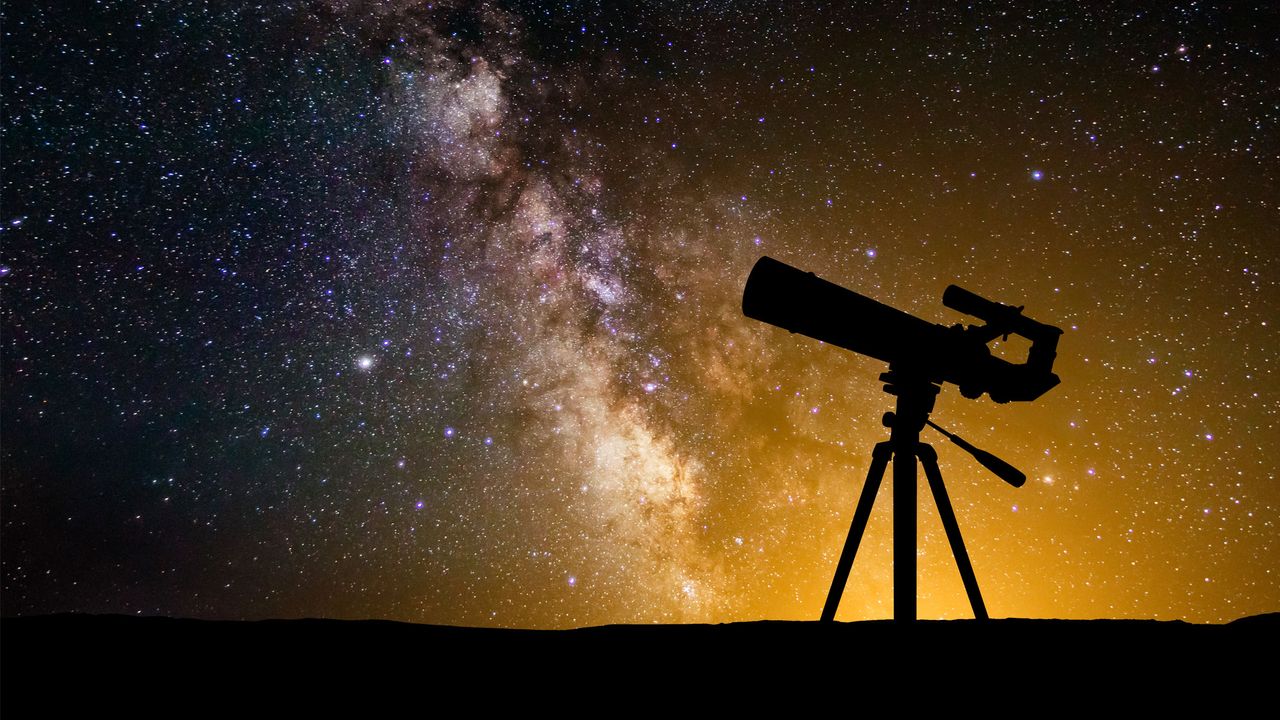Astronomers have identified a rapidly moving asteroid named 2025 SC79, which boasts the second-fastest orbit known in our solar system. Discovered by Scott S. Sheppard from Carnegie Science on September 27, 2025, this celestial body completes its journey around the sun every 128 days, crossing the orbit of Mercury along the way.
The discovery of 2025 SC79 plays a crucial role in assessing potential threats to Earth and enhances our understanding of solar system history. According to Sheppard, “Many of the solar system’s asteroids inhabit one of two belts of space rocks, but perturbations can send objects careening into closer orbits where they can be more challenging to spot.” Understanding the paths of these asteroids helps in planetary defense efforts and sheds light on their origins.
Unique Orbital Characteristics
The asteroid is now classified as the second known object with an orbit that lies within the orbit of Venus. Its trajectory places it in a unique position, which will allow it to cross Mercury’s orbit during its solar cycle. While this discovery is significant, the asteroid is currently hidden behind the sun and will remain invisible to telescopes for several months.
Sheppard’s research focuses on identifying what are termed “twilight” asteroids, which are difficult to observe due to their proximity to the sun. This work is partially funded by NASA and utilizes the Dark Energy Camera on the National Science Foundation’s Blanco 4-meter telescope. The goal is to detect potentially hazardous asteroids that could threaten Earth.
Technological Advances in Asteroid Detection
To confirm the presence of 2025 SC79, Sheppard and his team employed the Gemini telescope and Magellan telescopes at Carnegie Science. Notably, Sheppard also discovered the fastest known asteroid in 2021, which orbits the sun in just 133 days. His work encompasses studying various solar system objects, including moons, dwarf planets, and other asteroids.
The implications of such discoveries extend beyond mere observation. As Sheppard notes, understanding the dynamics of these fast-moving asteroids is essential for developing strategies to safeguard our planet. The ongoing research highlights the importance of continual monitoring and assessment of asteroids that could intersect Earth’s orbit.
Asteroid 2025 SC79 exemplifies the remarkable advancements in astronomy and the ongoing quest to unravel the mysteries of our solar system. As technology improves, astronomers will be better equipped to identify and track these celestial objects, enhancing our ability to protect Earth from potential threats.







